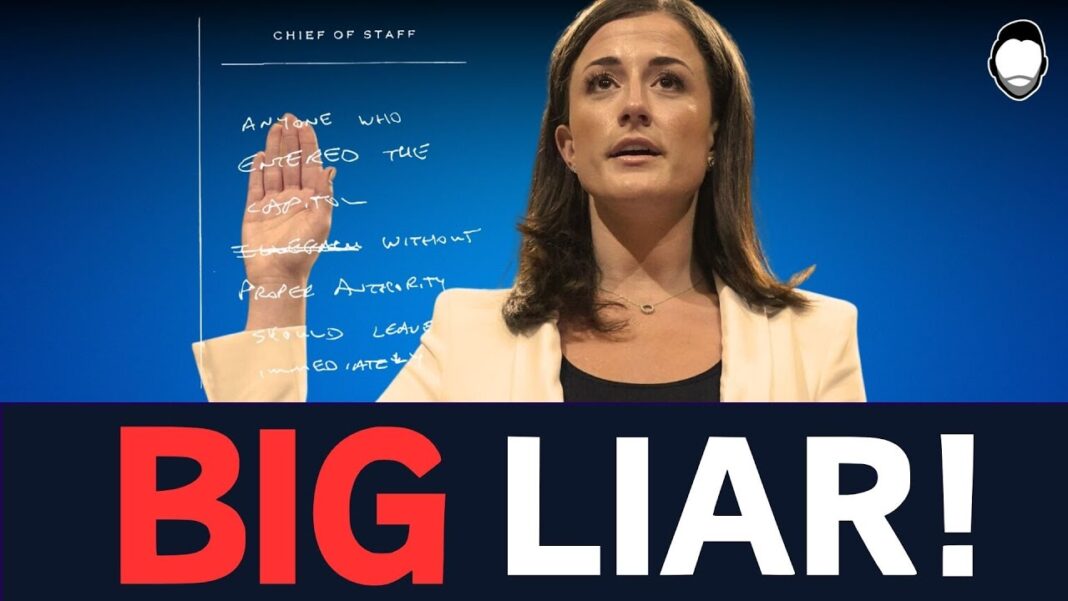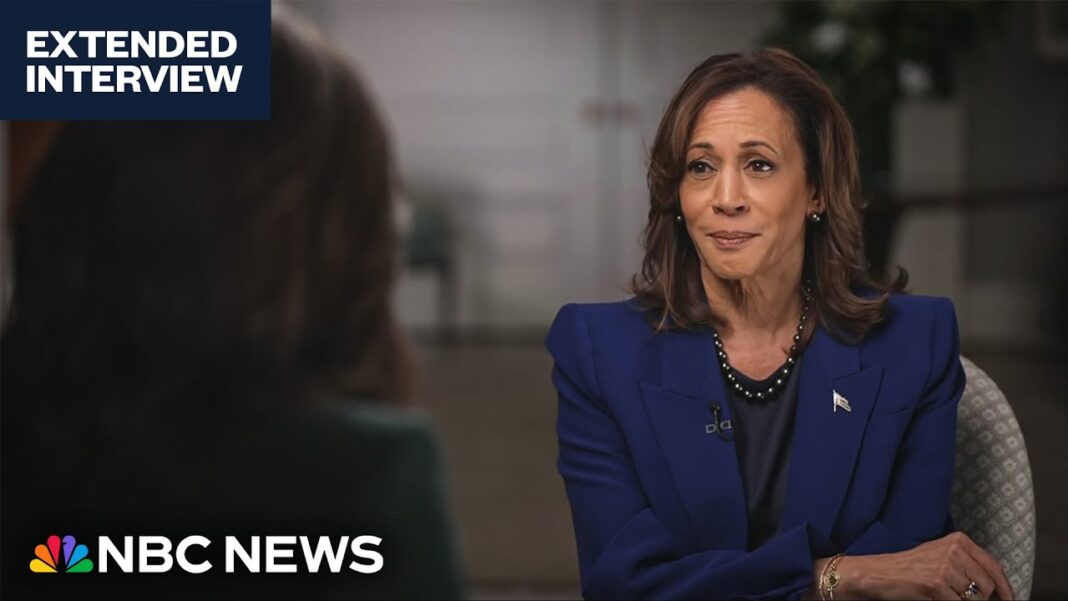Appeals Court Upholds Conviction of Jan. 6 Protester
A split panel of judges on the U.S. Court of Appeals for the District of Columbia Circuit on Oct. 22 upheld the conviction of Couy Griffin, a former Oklahoma commissioner and founder of the Cowboys for Trump group.
Griffin violated federal law that prohibits trespassing in a restricted area where a president or vice president will be, a majority said.
Griffin was in 2022 convicted of one count of illegally entering restricted U.S. Capitol grounds and later sentenced to 14 days in jail after a federal judge concluded that evidence in the case showed Griffin knew about barriers in the area but still went onto the grounds.
Griffin said in his appeal that the government did not prove that the area around the Capitol was sufficiently marked as restricted when he entered and remained there. He also argued that prosecutors did not prove that he knew the area was restricted.
The law in question bars people from knowingly entering or remaining in restricted buildings or on restricted grounds without the authority to do so. It defines restricted buildings and grounds in part as any area where the president or other person protected by the Secret Service is or will be visiting.
Then-Vice President Mike Pence traveled to the Capitol on Jan. 6, 2021, to preside over Congress as it certified the results of the 2020 election.
Under Griffin’s interpretation of the statute, “a defendant would be entitled to acquittal so long as he waited until a sufficiently strong gust of wind, a soaking downpour—or even a less scrupulous prior intruder—disposed of law enforcement tape, fencing, or signage before he entered a sensitive area in full awareness he was not lawfully authorized to do so,” U.S. Circuit Judge Cornelia T.L. Pillard wrote for the majority. “We decline to read the statute to allow a mob to de-restrict an officially restricted area encompassing persons under Secret Service protection.”
The evidence offered during Griffin’s trial was sufficient to show the Capitol grounds were restricted on Jan. 6 when Griffin entered them, the judge said, with Griffin knowing about the restriction in part because he viewed the area the night before and, when he scaled a wall around the time of the Capitol breach, landed on trampled fencing and signs. Griffin also said about a week after the breach that “there was some fencing up” and the crowd “just pushed through.”






